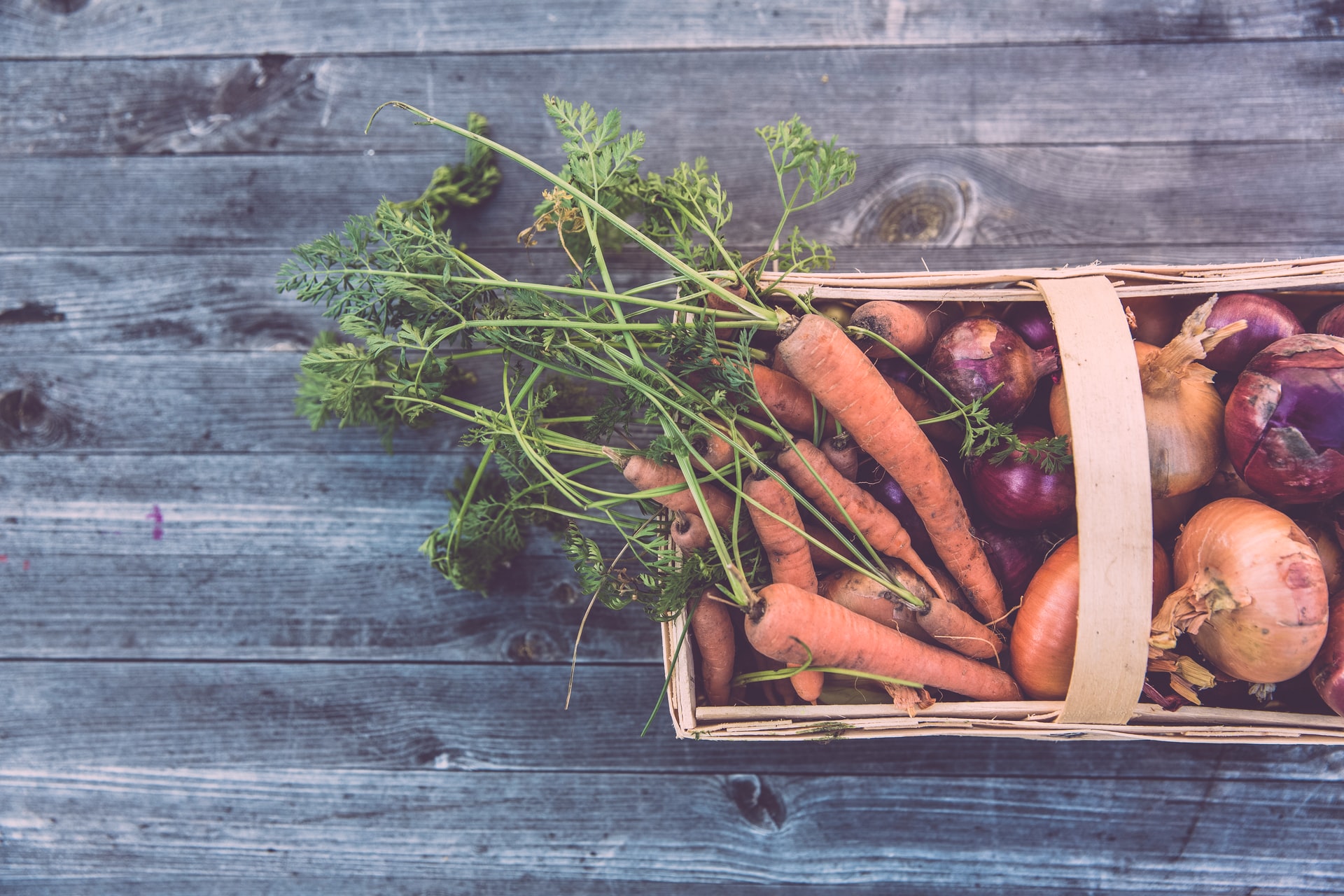What Could an Uptick in Sustainable Sales Mean for the Future of Food?

If the pandemic has taught us anything, it’s that change is inevitable. Over the past year, we’ve had to reevaluate plenty of things like how we work, move, communicate, and live. Now, as recent data from a Wageningen University study has shown, the pandemic has transformed how we eat. In a post-COVID world, consumers are spending more on sustainable foods and less on traditional options in supermarkets. With people’s money and taste buds going in a new direction, this upward trend could mean a bright future for food.
A result of the Pandemic
The transition from a life outdoors to months spent in lockdown was a harsh and disruptive one. With everyone spending more time at home, restaurants saw less traffic while spending on supermarkets greatly increased. As Google trend searches and popular You
Tube videos can attest, lockdown was a big time for home cooking and baking.
Similarly, as concerns over health grew with the spread of COVID-19, people were also looking to make changes to their diet. A survey by FMCG Gurus reveals that 72% of European shoppers said that they were inspired to eat healthier by the pandemic. Because of the link between diet and health, people became more aware of not only how they were eating, but what. As a result, organic and other healthy food options benefited greatly during this period.
Changes in Consumer Mindsets
Associating greener options with health, consumers also turned their attention to sustainable nutrition. A recent study by Kerry, an Irish taste and nutrition company, has found that consumers have become more purposeful in seeking healthier and more sustainable options for their diets. Wanting to do what was best for both the earth and their bodies, people spent 21% more on sustainable products in 2020 than they did in 2019. This growth was most greatly seen in sales of tea and coffee, but items like vegetables, fruits, and ethically sourced animal products all saw an increase in spending of about 30%. Less sustainable options, like ordinary eggs, saw a decrease in spending—indicating that consumers are now less interested in eating foods that don’t fall under the green label.
What does this mean for suppliers?
To ride this sustainable wave, Kerry suggests, supermarkets must do the work of providing more sustainable options to their customers. Though the pandemic is on its last legs and people are spending less time at home cooking and more time outside living—this newfound focus on sustainable ingredients is here to stay. Kerry’s research has found that consumers are focused now more than ever on their personal impact on the environment, and believe that it’s up to food suppliers to give them the tools to make greener choices. Providing sustainably packaged, locally sourced, non-artificial, and organic produce—Kerry finds—is the best way to meet consumers where they are when it comes to food needs.
Even now, as restaurants begin to open back up—consumers are finding it hard to let go of these newfound habits. According to Morning Consult’s “return to normal” tracker, only 66% of consumers say that they feel comfortable eating out at restaurants—pointing to the pandemic’s role in making greener, home cooked meals the more attractive option in people’s minds. This newfound appreciation for green meals is a step in the right direction for food—and we should all do our part to keep the future of food bright.


Leave a Reply